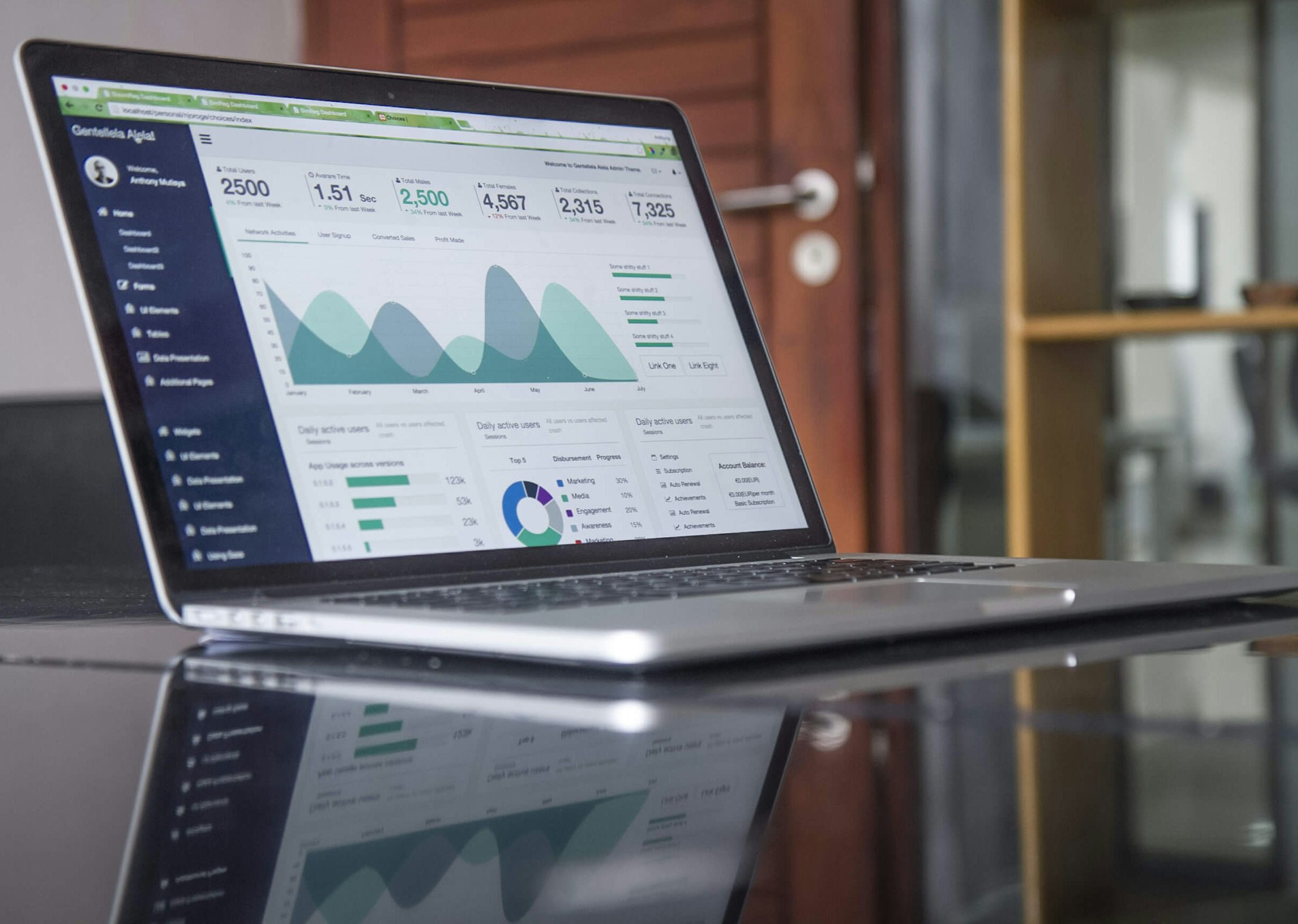Clinical Informatics
About Clinical Informatics fellowship
Clinical informatics fellowship? What is that, something you eat? Nom-Nom!

It’s already been a year since I started my residency training in the U.S. There are many paths after completing internal medicine training, but broadly, they can be classified into 1. Working as a Fellow or 2. Working as a Hospitalist. I will discuss option 2 in more detail next time, but for now, I’ll explain more about option 1.
1. The Fellowship Application Process

Fellowship applications are done through a website called ERAS, which is the same site used for residency applications. Just looking at the screen gives me a headache.
2. About the Clinical Informatics Fellowship
Clinical Informatics is a somewhat unfamiliar field of fellowship. Since the purpose of this fellowship is not to gain additional clinical skills, it is quite different from the usual internal medicine sub-specialties like cardiology, pulmonology, gastroenterology, etc. In fact, it is not even a sub-specialty of internal medicine. The Clinical Informatics Fellowship is a sub-specialty that accepts applicants regardless of the residency training they have received, such as pathology, radiology, pediatrics, emergency medicine, etc.
In other words, any resident who wants to build expertise in the field of clinical informatics can apply. Clinical informatics itself is closely related to all attempts to integrate IT into healthcare, and as information technology, especially artificial intelligence, gains attention these days, it’s a field receiving a lot of attention and interest. Of course, clinical informatics existed before the rise of AI (including hospital management, electronic medical record management, etc.). However, the current level of interest is undoubtedly due to the rise of AI. While it is expected to primarily deal with research and business using AI, administrative aspects like hospital management and electronic medical record management are also significantly included.
In my case, I am interested in the overall medical system, including electronic medical records, so this is not a problem. However, if someone enters this field thinking only about data analytics, they might find it different from their expectations.
Oh, although it is informatics, clinical work is not completely excluded. Generally, 80% of the fellowship period is devoted to informatics-related tasks, and 20% to clinical tasks, but this ratio and the scope of clinical work vary from program to program.
3. Why Are You Doing This?
The field of clinical informatics feels quite familiar to me. One factor might be my undergraduate major in biomedical engineering, making me familiar with fields related to information engineering, but more so, it seemed like the field that encompassed my vague dreams and goals from my undergraduate days.
As an undergraduate student who knew nothing, my interest was in how to make medical services more effective and economical for people. That’s why I participated in research related to wearable devices. As I went through medical school and began to face actual patients, these thoughts evolved. Seeing people suffering in hospitals was very painful. I realized that diagnosing and treating diseases in the hospital is important, but preventing diseases is just as crucial.
These thoughts led me to consider how to deliver optimal healthcare in home environments. I am currently most interested in the medical utilization of home environment data, including digital healthcare. Although this technology is still in its early stages and there are no noticeable clinical applications yet, now that we can utilize information from everyday life for the first time, I believe the medical field will eventually find a way to use this information to prevent diseases while protecting personal privacy. I want to contribute to this process. It might be ambitious, but I firmly believe we can more effectively manage acute and chronic diseases using wearable/IoT devices.
These days, discussions and research within the American Medical Informatics Association are primarily focused on using large language models. I recently attended a conference, and more than half of the content was related to LLMs. I am also very interested in LLMs. The application of LLMs in electronic medical records could reduce the documentation burden on clinicians and simplify time-consuming chart review tasks for researchers.
For these reasons, I think clinical informatics is a field that suits me very well. I realized this when I started to consider my future career after being accepted as a resident in the U.S. Now that a year has passed, it’s time to seriously prepare for fellowship applications. I will post next time about how I am currently preparing.
Other posts in the same category
View All →
AMIA Annual Symposium 2024 Review
Had nothing to present but enjoyed the meeting!

Is this your first time at the hospital? Please fill out the paperwork (2)
Apple Health Records. Google Cloud Services. Solutions from giant IT companies for medical records.

Is this your first time at the hospital? Please fill out the paperwork (1)
Argo Project - What if we don't have to listen to these words anymore?